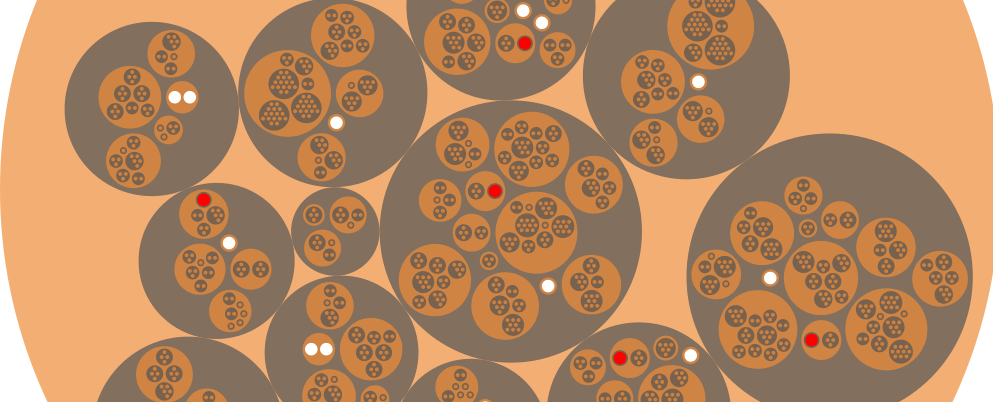Bawo
An interactive version of Bao for modern web browsers.
Bawo is a board game played in many parts of sub-saharan Africa. It is a counting game in the mancala family played on a board with 32 holes. It is a two player game. The board is divided equally between the players - each having 16 holes grouped in rows of 8. I first came across Bao in Mzuzu, Malawi. Bao is ubiquitous in Malawi. Shortly after learning the rules of what I've come to know as the simplest version of the game, I was obsessed with understanding its complexity. For instance, is there a winning strategy? If so is the first or second player at an advantage?
I did some research to find out what others had done in analysing Bao. I came across Alexander de Voogt who has dedicated some time in studying board games. I also found Programming Bao, a paper by Jeroen Donkers and Jos Uiterwijk. At the time, I could not find an interactive web version of Bao. So I created one.
It's a simple version of the game where each hole is started with 2 seeds each. Players take turns in picking, sowing and capturing the opponent's seeds until the opponent can no longer make a move. You can play it here against an alpha beta algorithm with varying levels of foresight into the game tree.



